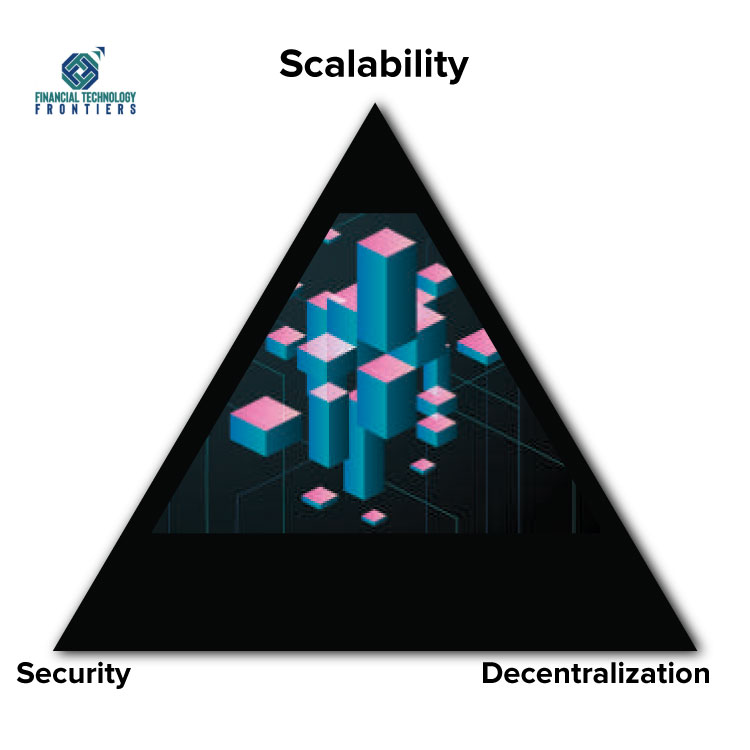 In an increasingly interconnected digital world, data forms the backbone of numerous industries. But with data’s incredible power comes a significant responsibility. The “Digital Personal Data Protection Bill, 2023” of India addresses this balance, striving to fortify the rights of Indian citizens over their data, while ensuring industries and the government can harness its potential within clearly defined boundaries.
In an increasingly interconnected digital world, data forms the backbone of numerous industries. But with data’s incredible power comes a significant responsibility. The “Digital Personal Data Protection Bill, 2023” of India addresses this balance, striving to fortify the rights of Indian citizens over their data, while ensuring industries and the government can harness its potential within clearly defined boundaries.
Bill’s Foundations
The bill focuses primarily on digital personal data processed within India, irrespective of it being collected online or offline. Key features include:
- Consent and Legitimate Uses: Personal data processing hinges on obtaining individual consent, with specific exemptions for legitimate purposes, like state-issued licenses or medical emergencies.
- Rights of the Data Principal: individuals possess the right to access, correct, and erase their data and even designate someone to exercise these rights posthumously.
- Obligations of Data Fiduciaries: Entities handling data must maintain its accuracy, safeguard it from breaches, and delete it once its purpose has concluded.
- Exemptions and Transfers: The bill allows for certain exemptions, especially concerning state-related data processing. It also permits the transfer of personal data outside India, with restrictions for specific countries.
- Regulatory Oversight: The Data Protection Board of India will oversee compliance, address grievances, and impose penalties for violations.
Contemplating the Impact on BFSI
The Banking, Financial Services, and Insurance (BFSI) sector is critically reliant on the collection and processing of personal data. The introduction of this bill could shape its future in several ways:
- Enhanced Trust: The BFSI sector, driven by trust, will likely witness a boost in consumer confidence. Individuals will be more inclined to share data, knowing there’s a stringent legal framework safeguarding it.
- Operational Reforms: BFSI institutions will need to revamp their data collection and processing mechanisms to align with the new regulations. This might involve tech upgrades, revised consent mechanisms, and enhanced cybersecurity protocols.
- International Transactions: Given the bill’s provisions on data transfer outside India, BFSI firms engaging in trade finances or operations will need to exercise caution, ensuring partner countries meet India’s data protection standards.
- Penalty-Induced Accountability: The significant fines for breaches might encourage BFSI companies to invest more in data protection, from advanced cybersecurity measures to employee training.
- New Opportunities for Customization: With clarified consent mechanisms, BFSI firms could harness data better, allowing for more personalized financial products and services.
Concerns & Future Implications:
While the bill is a significant step forward, concerns persist. Exemptions granted to the state may infringe on privacy rights. The lack of provisions like the right to data portability and the right to be forgotten may weaken individual control over personal data.
In conclusion, the “Digital Personal Data Protection Bill, 2023” presents a robust framework for India’s data-driven future, merging individual rights with industry needs. The BFSI sector, though challenged by the need for rapid adaptation, stands to benefit immensely from the enhanced trust and clearer regulatory landscape the bill promises. The DPDP Bill is a complex piece of legislation, and it is still too early to say what its ultimate impact will be. However, the bill represents a significant step forward in the protection of personal data in India.




